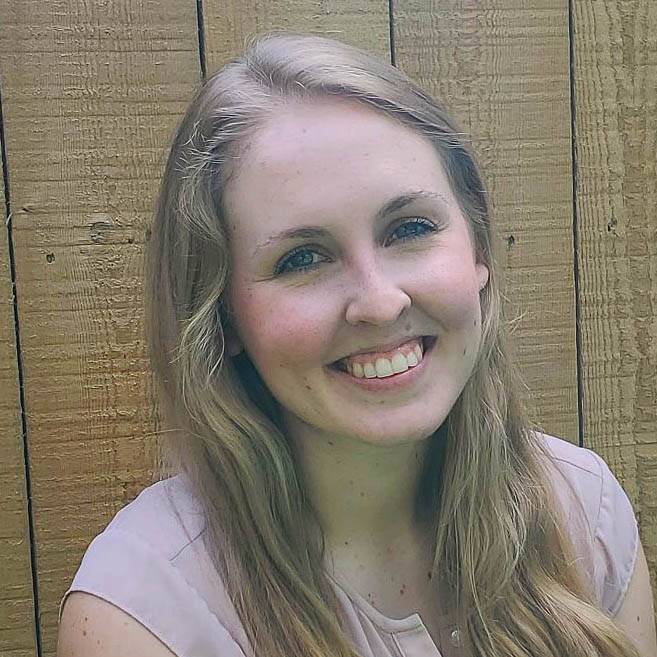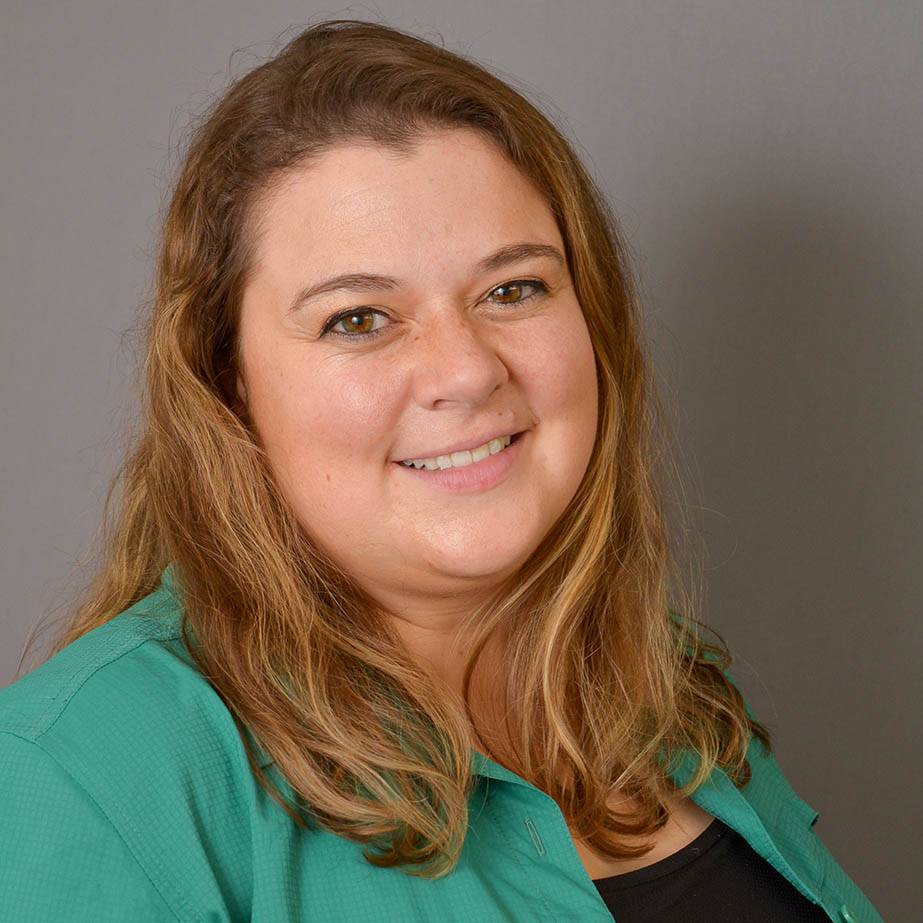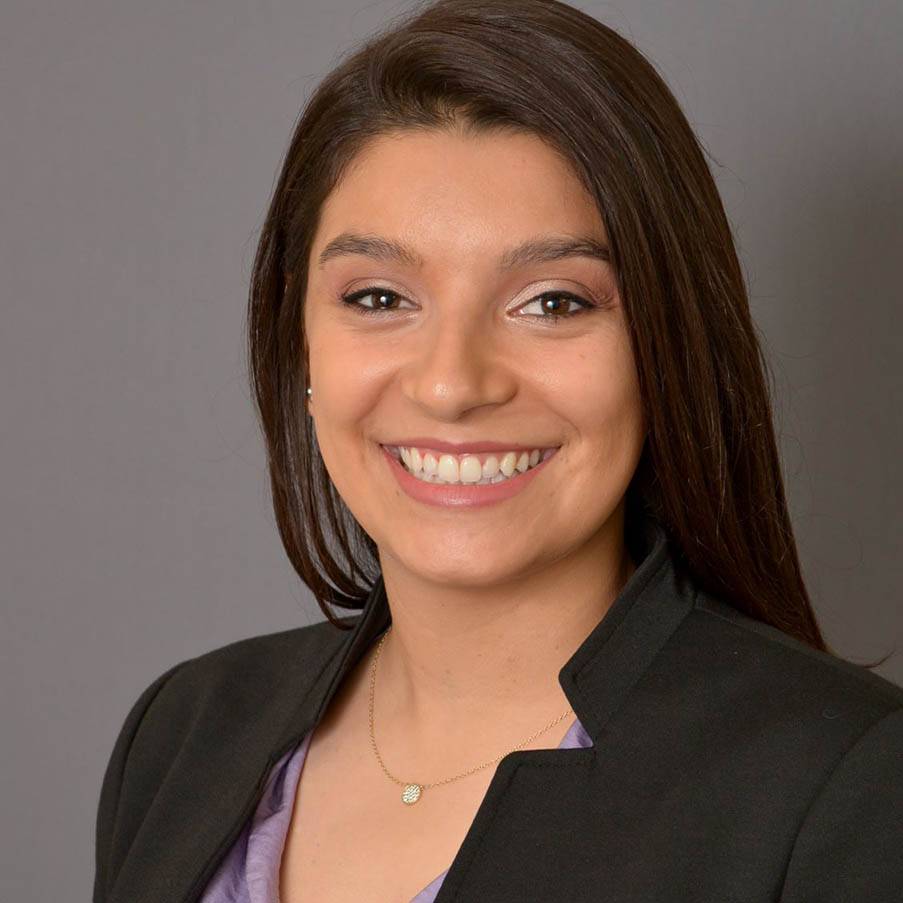Three doctoral students awarded NIJ Research Fellowships
Julie Cooper | October 15, 2020
Three Texas State University applied anthropology doctoral students have received Graduate Research Fellowships from the National Institute of Justice (NIJ). Five Texas universities were represented with nine awards for a total of $7.8 million.
In 2019, two Texas State doctoral students received the NIJ Research Fellowships.
This year’s three doctoral students who each received $150,000 awards are Emilie Wiedenmeyer, Petra Banks and Mariah Moe.

Research: “An examination of musculoskeletal markers in modern populations for forensic analysis and identification purposes.”
Emilie Wiedenmeyer is originally from California. She earned a bachelor’s degree in biological anthropology at California State University, East Bay, and her master’s degree at Texas State in 2019. Wiedenmeyer said she chose Texas State because the Ph.D. program had just started, and it offered students “hands-on knowledge.” Her interest in archaeology goes back to age 6 when she first learned about Egypt and mummies.
On her reaction to the $150,000 award, Wiedenmeyer said, “I was floored. I was not expecting it. There are so many people that write so many grants — (it’s) very exciting.”

Research: “Skeletal blast trauma: Determining the effect of known and experimental blast events on trauma patterns, fracture behavior, and blast scene recovery approaches”
Petra Banks started her academic career as a theatre major at the University of Alaska, Anchorage, before earning a master’s degree in anthropology at Mississippi State. Eventually she landed at Texas State where she is now a second-year doctoral student. Banks said that the ability as a graduate student to use the Forensic Anthropology Research Facility at the Freeman Center was an “incredible opportunity.” She also said the chance to work with Dr. Kate Spradley on Operation ID was amazing. “I don’t know where things will take me, but humanitarian issues are very important,” Banks said.
After completing her Ph.D., Banks said she would like to return to Alaska and possibly work for the state of Alaska. She did not think there was currently a forensic anthropologist on the Alaskan state payroll.

Research: Finding the missing and unidentified: The application of predictive modeling, ground-penetrating radar, and small unmanned aircraft-mounted infrared imagery for the detection of unmarked graves.
Mariah Moe grew up in Tucson, Arizona, where her dad was in the military and mom was a nurse. Moe earned a bachelor’s degree in anthropology with an emphasis in human biology at the University of Tucson before moving on to the University of Nevada, Las Vegas (UNLV).
When she was younger, she knew she wanted to “do something outdoorsy” — like digging up dinosaur bones. “When I realized you could do that for people, I was even more interested.”
It was her UNLV advisor, Dr. Timothy Gocha — now on faculty at Texas State — who suggested she apply to the Applied Anthropology Ph.D. program, one of only three in the nation. Moe said she almost didn’t send her fellowship application in, but Gocha encouraged her. “I couldn’t be happier,” she said.
Each student thanked Dr. Danny Wescott, who teaches the doctoral proposal writing class, their mentors/advisors, and to Dr. Andrea Hilkovitz, research coordinator for The Graduate College, for their assistance in writing the fellowship proposals.
Share this article
For more information, contact University Communications:Jayme Blaschke, 512-245-2555 Sandy Pantlik, 512-245-2922 |